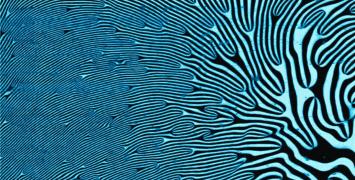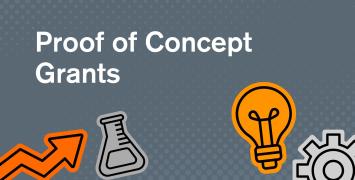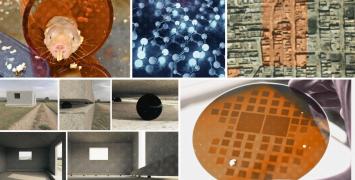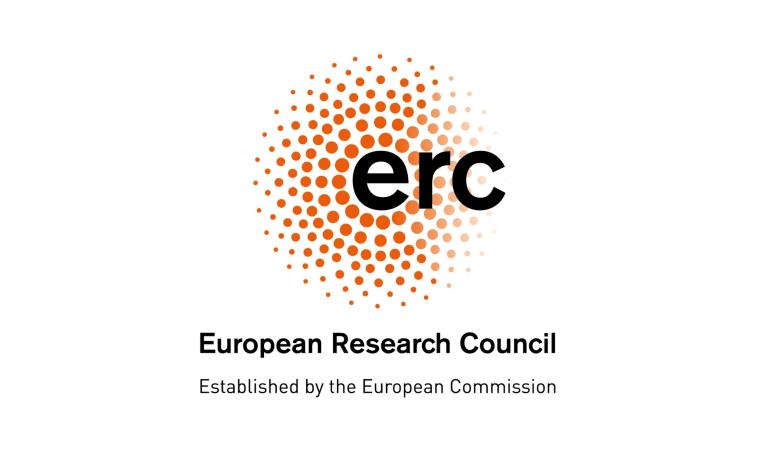
Projects awarded ERC Proof of Concept grants are extremely varied and this holds true for the first round of 2019 winners. Three examples from the latest batch of 54 research projects include a project to make antibiotic research programmes more commercially viable, another to improve diagnosis of Cystic fibrosis and a third to help young refugees integrate successfully into European societies.
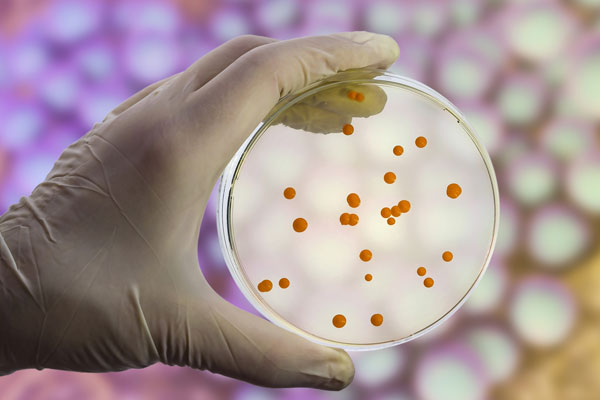
New tech to make drugs bacteria can't resist - AwARE
The spread of multi-drug resistant bacteria, not only renders the existing antibiotics ineffective, but also makes the commercial success of new drugs unpredictable. As a result, many pharmaceutical companies have discontinued their antibiotic research programmes. Prof. Csaba Pal and his team at the Biological Research Centre of the Hungarian Academy of Sciences developed a technology that potentially can make such programmes commercially viable again.
In the early phase of drug development, researchers typically identify numerous lead molecules with antimicrobial activities, but until now they haven’t had a toolset to appropriately test antibiotic candidates for resistance evolution. Prof. Pal’s proposed solution enables the exploration of resistance in a manner that is more comprehensive and effective than any other currently used approach. It offers a unique opportunity for pharmaceutical companies to identify antibiotic agents that are less prone to resistance growth and do it at an early stage of drug development. The ERC Proof of Concept grant will help commercialise this new technology.
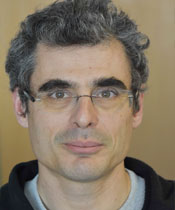
Project: Aiding Antibiotic Development with Deep Analysis of Resistance Evolution (AwARE)
Researcher: Csaba Pál
Host Institution: Hungarian Academy of Sciences, Hungary
ERC Funding: € 150 000
2014 Consolidator Grant Project: Bacterial evolution of hypersensitivity and resistance against antimicrobial peptides (resistance evolution)

Diagnostic problems: don’t sweat about it - POWER-PATCH
Cystic fibrosis is a genetic disorder that causes severe breathing problems and greatly reduces life expectancy. Early diagnosis is difficult, but it makes a dramatic difference in limiting how much patients will have to suffer. ERC grantee Neus Sabaté, ICREA Professor from the Institute of Microelectronics of Barcelona, has just received a Proof of Concept grant to create a prototype of a cheap and simple early diagnosis tool.
With her ERC Consolidator Grant, Prof. Sabaté developed fuel cells that generate energy using biological fluids. The power delivered by these fuel cells is dependent on the fluid, and can tells us a lot about it. Since sweat composition in cystic fibrosis patients differs from that of healthy individuals, these fuel cells would respond differently to the two.
So far, few centres in Europe have the resources to offer sweat tests, but with the new devices, simpler and cheaper tools could be accessible to a lot more people. This would include a particularly vulnerable category: new-born babies. Prof. Sabaté’s prototypes in fact would allow diagnosis as early as possible, avoiding a life of misdiagnosis, wrong treatments and useless pain.

Project: Self-powered skin patch for cystic fibrosis diagnosis (POWER-PATCH)
Researcher: Neus Sabaté
Host Institution: The Spanish National Research Council (CSIC), Spain
ERC Funding: € 150 000
2014 Consolidator Grant Project: Single-Use paPER-based fuel CELLs (SUPERCELL)

Transforming young migrant's risks into resources– POPP
Migrants to Europe from areas of war and conflict can find it difficult to integrate successfully into European societies. They often have experienced multiple stressful events that can provoke severe emotional and behavioural problems such as impulsivity, mistrust, poor concentration, feelings of worthlessness, and other trauma-related disorders. Children who flee from war and crisis areas to Europe typically experience a substantial number of traumatic life events, violence and harmful stressors, before, during and even after their flight. Humanitarian, societal, and economic reasons alike require the treatment and prevention of the devastating consequences of these experiences.
At the University of Konstanz in Germany, an ERC funded project has been exploring memories of traumatic stress and violence (MemoTV), shedding new light on malfunctioning and mental suffering, ultimately helping those affected by extreme and traumatic stress. The team developed a treatment called Narrative Exposure Therapy and adapted it to the needs of young survivors of trauma and violence, especially for those with a low threshold for aggression. A new Proof of Concept project (POPP) coordinated by Dr Thomas Elbert will now develop a training curriculum for mental health care tailored specifically to the challenges and needs of traumatised youth who are arriving in the EU.
Ultimately, this project serves to support their mental health, better positioning them to regain their occupational functionality and social status, as well as autonomy over their decisions and futures. In the first year, the POPP project will implement the procedure in the local Landkreis/District of Konstanz and Bodensee. The aim is to demonstrate a successful model that will be implemented across Europe.
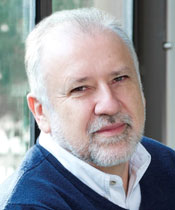
Project: Young Migrants at Risk - Putting Offence Prevention into Practice (POPP)
Researcher: Thomas Elbert
Host Institution: Universitat Konstanz, Germany
ERC Funding: € 150 000
2012 Advanced Grant Project: Epigenetic, neural and cognitive memories of traumatic stress and violence (MemoTV)
Future calls and deadlines
If you are an ERC grantee and are interested in applying for a Proof of Concept Grant, the deadline for the third (and final) round of 2019 grants is 29 September 2019. Potential applicants can find all information here. This year the ERC is piloting the use of lump sums as a simplified funding mode, to test this approach compared to the current method (based on the declaration of actual costs). Find more information on the new 2019 funding conditions here.

